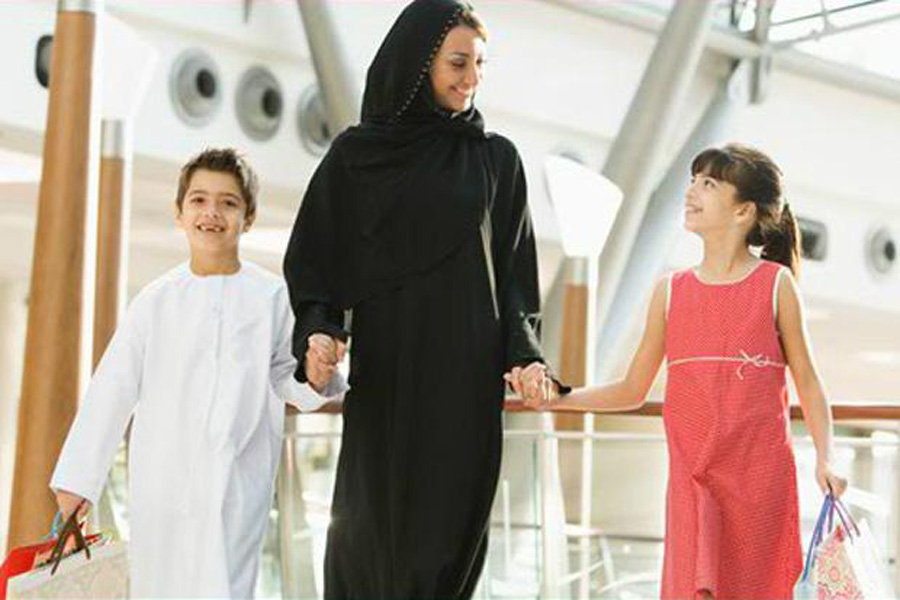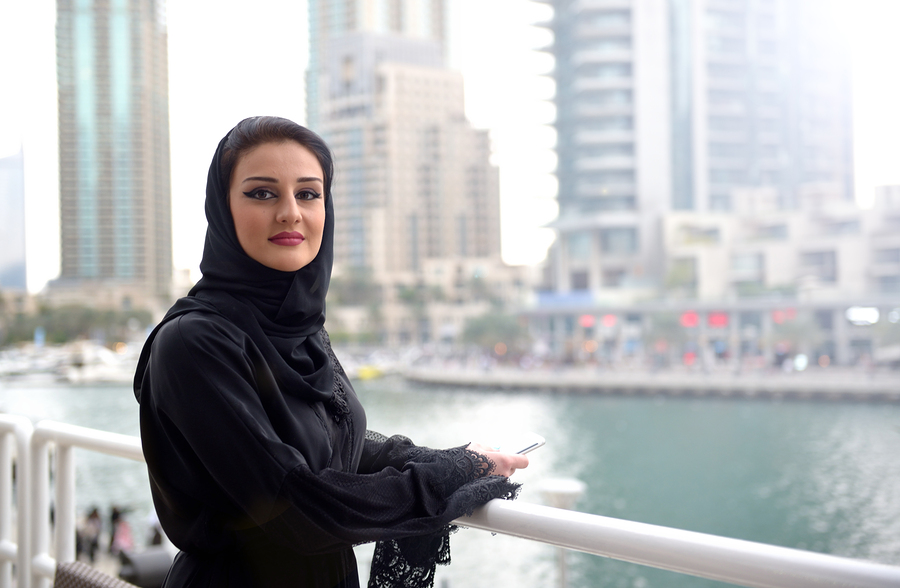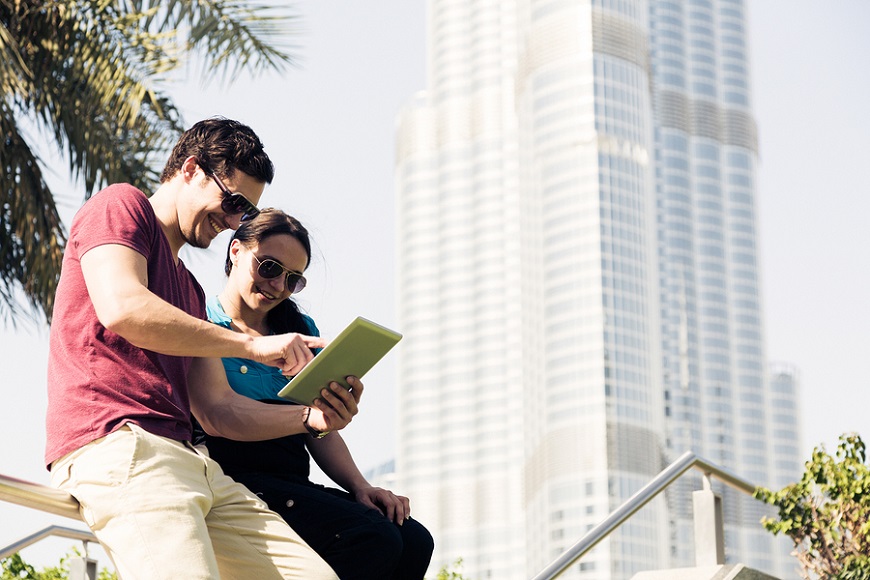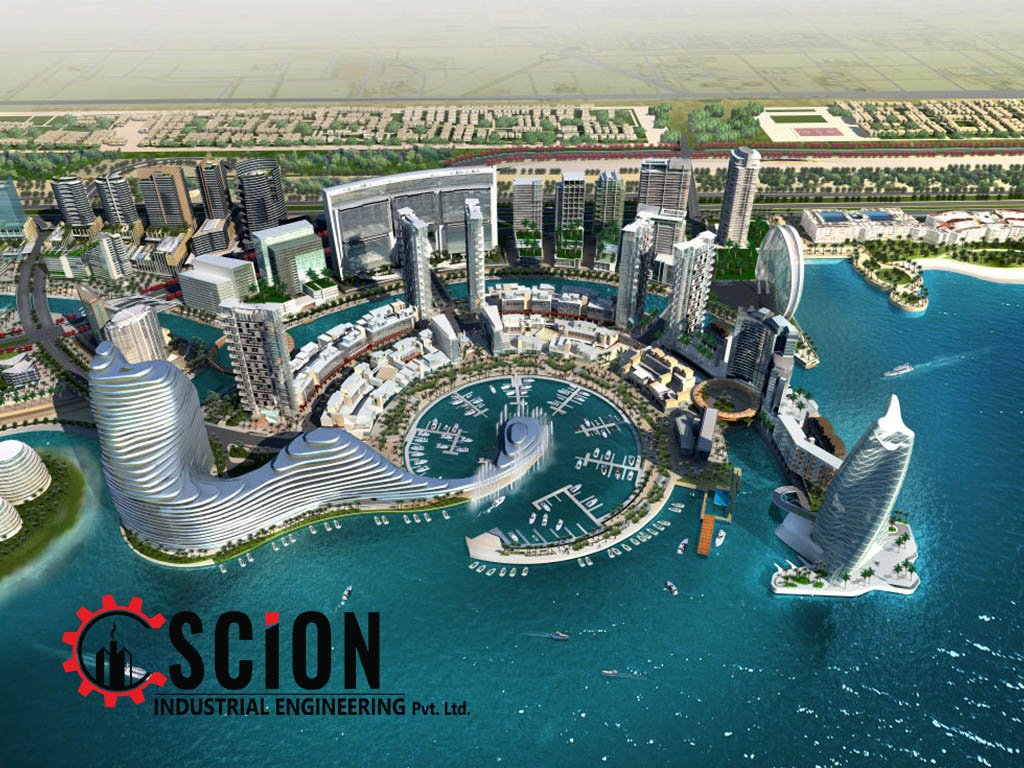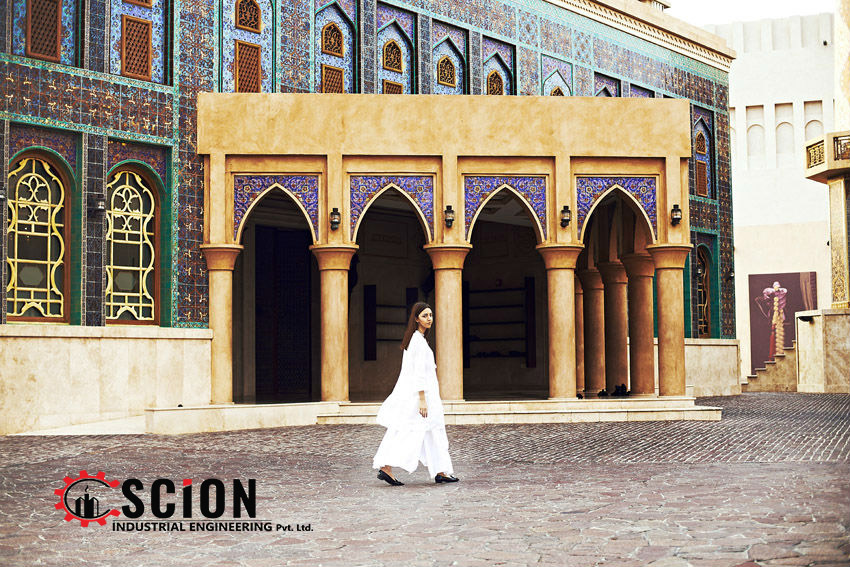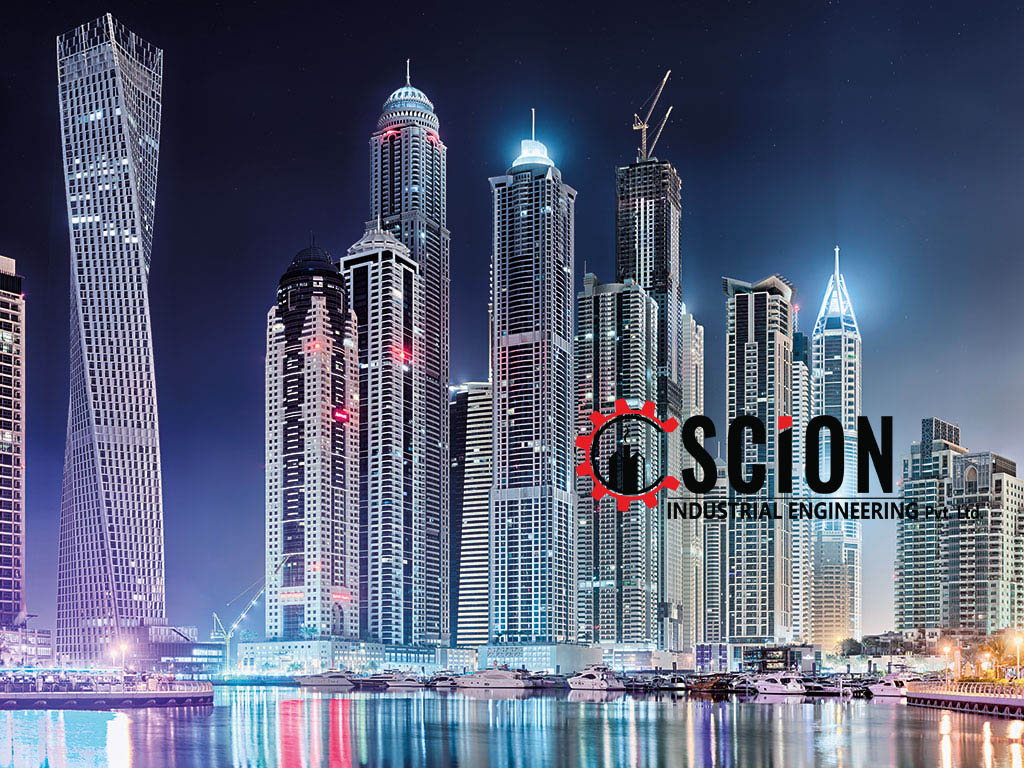The rate of growth of Bahrain’s non-oil economy reached 4.8 percent in the first nine months of 2017, outperforming previous expectations, according to the Bahrain Economic Development Board’s (EDB) Bahrain Economic Quarterly.
According to figures included in the report, 2017’s non-oil growth is expected to exceed the 4 percent recorded in 2016.
The overall economies growth reached a pace of 3.6 percent for the first three quarters of the year, compared to 3.2 percent during 2016 as a whole. The report notes that the rate of growth makes Bahrain’s economy the fastest growing in the GCC.
“Bahrain’s economy continues to deliver at the upper end of growth expectations thanks to a combination of robust structural and countercyclical drivers,” said Dr Jarmo Kotilaine, Chief Economic Advisor of the Bahrain EDB. “We expect this positive dynamic to continue into 2018 as the regional environment becomes more supportive of growth and as the diversified economy continues to expand, supported by an unprecedented investment pipeline.”
According to Kotilaine, Bahrain has increasingly undertaken efforts to take advantage of emerging growth drivers, such as fintech – most notably through the Bahrain fintech Bay – and ICT infrastructure.
“As growth becomes increasingly underpinned by improvements in productivity, Bahrain’s investment in infrastructure, regulatory reform and development of human capital will play a vital role in ensuring long-term, sustainable prosperity and expansion,” he added.
Notably, Bahrain’s non-oil growth is almost entirely driven by the private sector, which has resulted in broad-based, strong performances in sectors including hospitality, F&B, social, personal and financial services and communications, all of which recorded over 6 percent year-on-year real growth during the first nine months of 2017.
Additionally, the report notes that non-oil growth has been boosted by a number of large-scale infrastructure investments, despite subdued oil prices and low government spending growth.
Bahrain’s overall investment pipeline is estimated to have increased by nearly 20 percent in 2017, led by $32 billion worth of ‘priority’ projects such as an airport modernisation project and expansion of the Alba aluminum smelter.
Throughout 2017, the valued of tendered projects as part of the GCC Development Fund rose from $3.9 billion to over $4.1 billion, with the cumulative amount of funds disbursed rising from $751 million in Q4 2016 to $1.4 billion in the same quarter of 2017.
Source:
http://www.arabianbusiness.com/politics-economics/389786-bahrains-economy-now-fastest-growing-in-the-gulf-region

